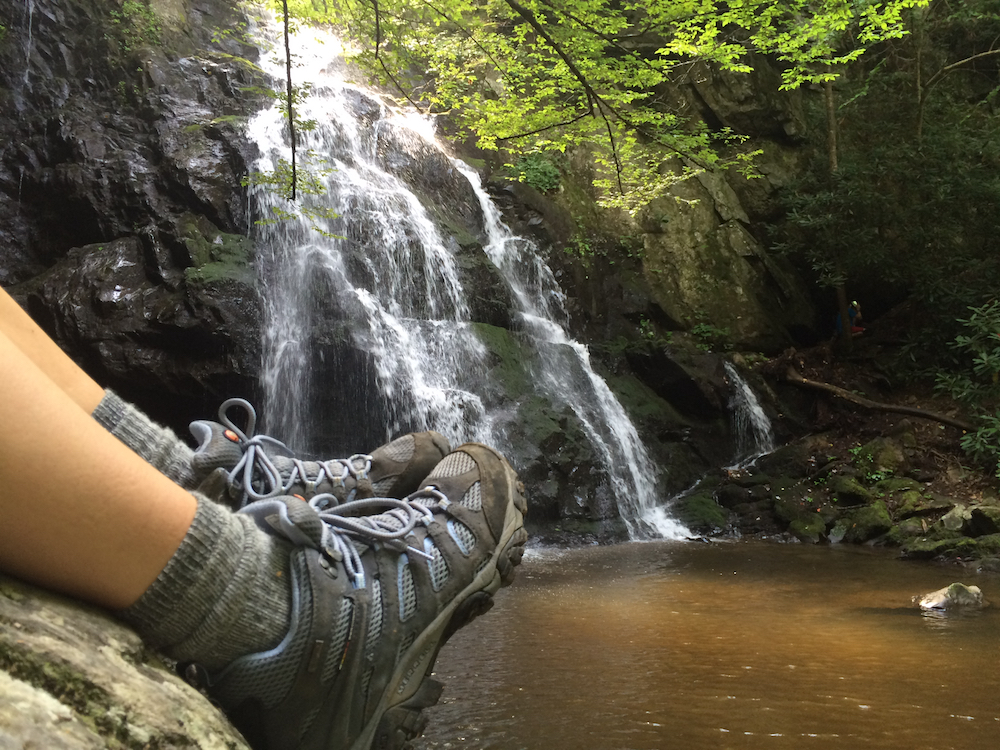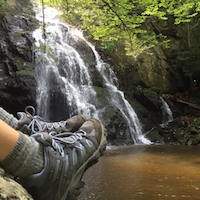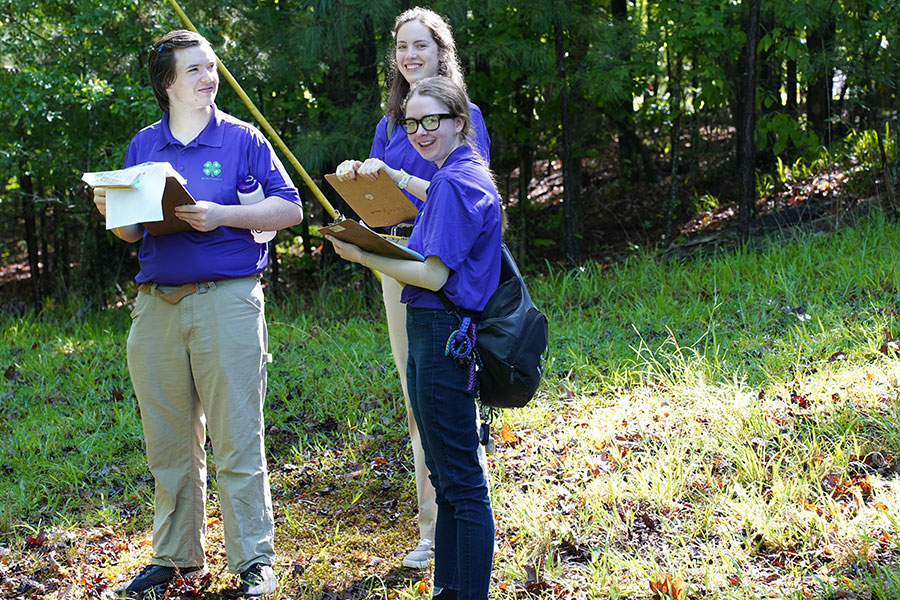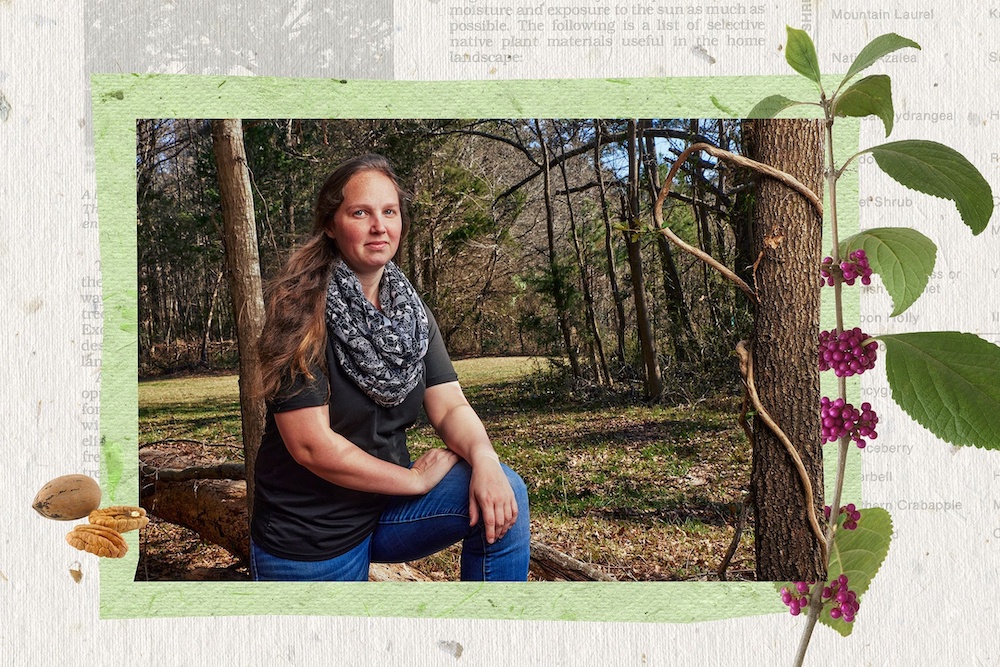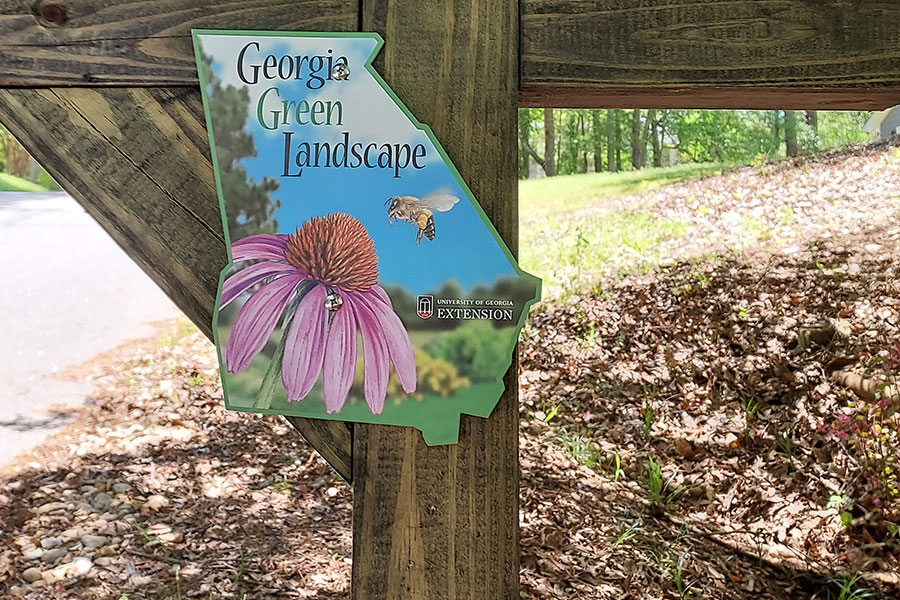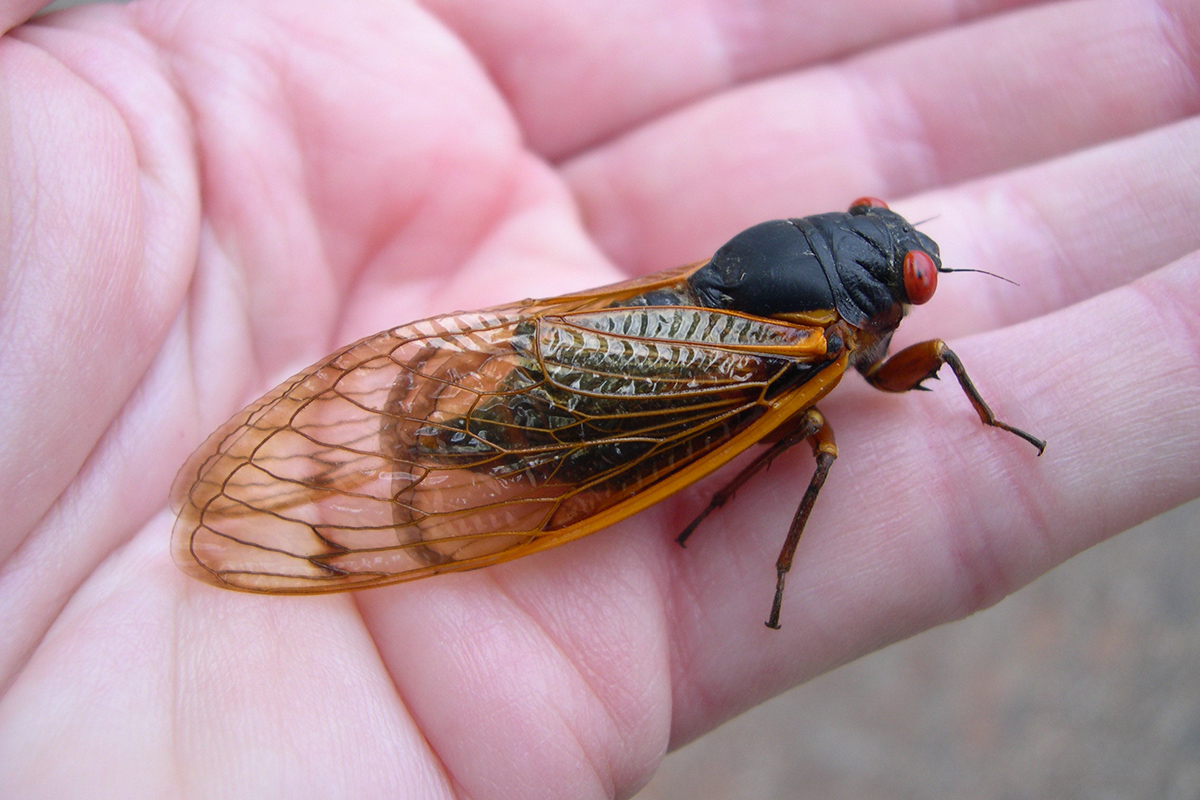Kyle Woosnam knows a thing or two about having fun outside and safely making it home by the end of the day.
He’s also proof that even an expert outdoorsman can get completely lost in the woods. This University of Georgia associate professor once found himself totally turned around in the Bankhead National Forest in Alabama.
Woosnam, who teaches natural resources, recreation and tourism at UGA’s Warnell School of Forestry and Natural Resources, had to keep his wits and work his way out by following a simple rule.
“When you’re lost, find a waterway because you’ll eventually cross a road and you can get help,” Woosnam said. “If you’re up high, start heading low, because that’s where you will likely find water.”
Summertime brings people outdoors to enjoy the warm weather, but it’s easy it is to succumb to those hotter temperatures and other dangers that come with being outdoors in the summer.
“No matter how experienced you are in the outdoors, it is always wise to take the necessary precautions,” Woosnam said. “Remember, you want to have the most memorable, positive experience possible.”
Whether you'll be biking, kayaking, canoeing, camping or rock climbing, Woosnam has some tips on how to stay safe:
- Wear sunscreen. It’s always a good idea, and it’s necessary if you’re going to be in direct sunlight for a long time.
- Don’t wear cotton or denim if you’re going hiking. “Wear the least amount of cotton possible,” Woosnam said. Instead, wear breathable clothing that wicks water and sweat. If possible, go for clothes that protect you from the sun that may be marked with ultraviolet protection factor (UPF) labeling.
- Hats with brims or bills are a must if you’re going to be out in the sun.
- Take extra socks. Your feet are going to get sweaty, which makes you prone to blisters. “So you probably want to have bandages for your heels as well,” he said.
- You can’t have enough water. “Take more than you need,” Woosnam said. “People think they’re camels and can get by without drinking water, but they can’t.”
- It’s a good idea to keep extra water in your car. Experts recommend that hikers take enough water to drink 32 ounces every two hours, but that amount can vary depending on your pace. Check the trail length to help calculate how much water you’ll need.
- Don’t drink the water in the wild. Water in the woods probably isn’t safe to drink without treating it first. “No matter how thirsty you are, don’t drink the water unless you have the appropriate iodine pills or water treatment equipment,” Woosnam said. “There are so many bacteria you can pick up even though the water looks crystal clear.” Many outdoor stores sell the iodine pills, and outdoor enthusiasts can also purchase filters that fit inside water bottles or even filter straws. Filters should be used in tandem with iodine pills to ensure water safety.
- Make sure you’re not taking stowaways home. When you leave the woods, check for ticks. Insect repellent helps to minimize bug bites.
Headed for some outdoor fun with your dog? Pets need ample water as well. There are a number of portable, hiking-friendly dog bowls available on the market to help keep your four-legged hiking companion hydrated. This is a better option than allowing dogs to drink water from streams or puddles. Dogs are also susceptible to the microorganisms found in ponds, lakes and streams.
Lastly, if you’re headed to the woods, make sure your dog is also current on heartworm, flea and tick medications.
If you’re spending time outside during the summer, one of the most important precautions you can take is to learn the signs of heat stroke. In humans, heat stroke symptoms include nausea, vomiting, headache, dizziness, hot and flushed skin, rapid heart rate, profound sweating, and shortness of breath.
Heat stroke can be fatal in humans and requires immediate medical attention.
Dog owners should watch their pets for excessive panting and increased drooling. Owners can treat overheated pets by pouring cool water on them, applying cold packs to their heads to help lower body temperature and supplying lots of cold water. Owners should seek veterinary treatment if these steps don’t help.
As long as people are prepared and mindful that they don’t overdo it, the summer is a great time to explore the great outdoors in Georgia, Woosnam said.

